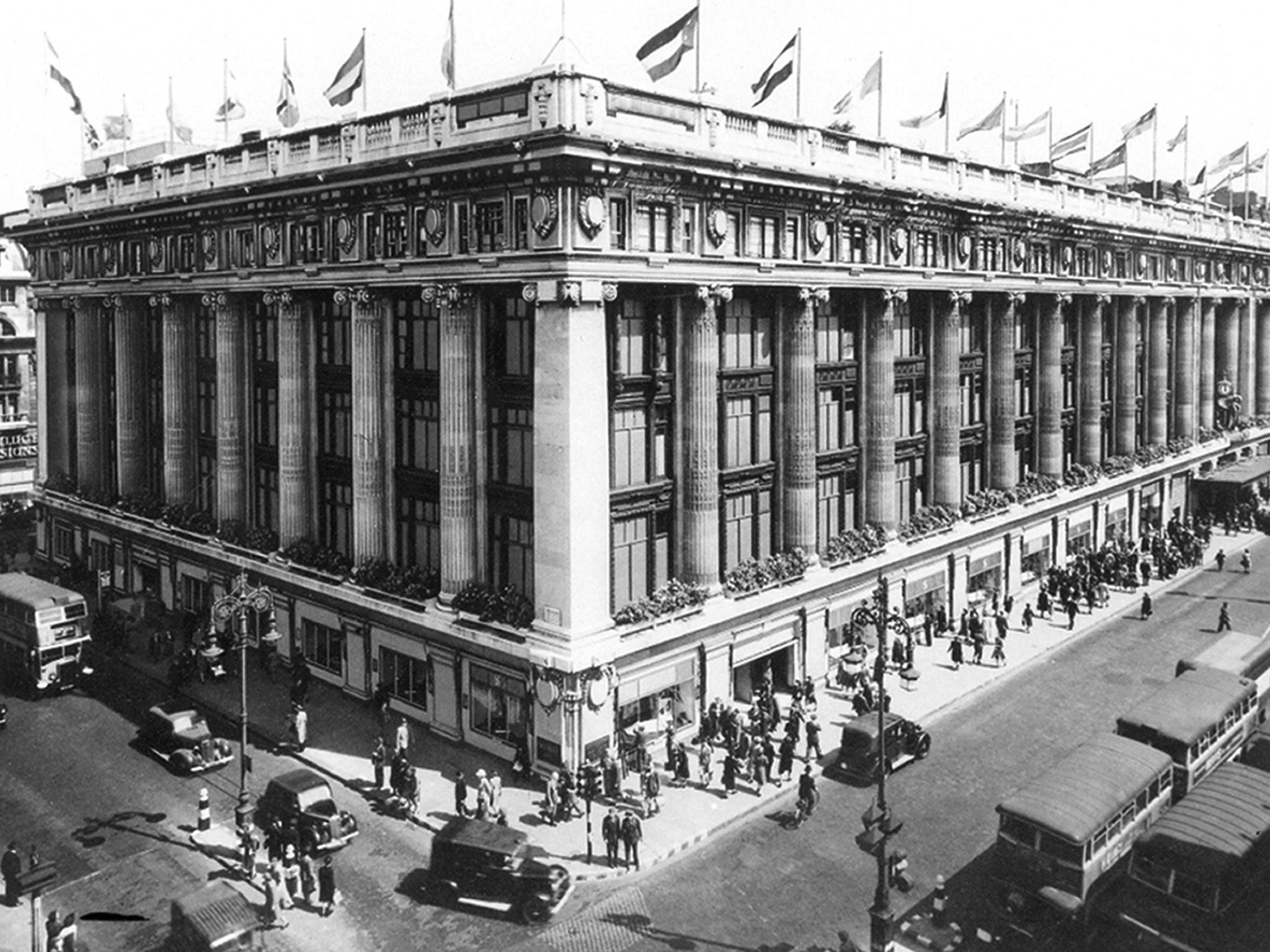Retail: TV shows where you know what's in store
After The Paradise, TV drama is once more running for the tills with Mr Selfridge. Are department stores really the new Downton?

Your support helps us to tell the story
From reproductive rights to climate change to Big Tech, The Independent is on the ground when the story is developing. Whether it's investigating the financials of Elon Musk's pro-Trump PAC or producing our latest documentary, 'The A Word', which shines a light on the American women fighting for reproductive rights, we know how important it is to parse out the facts from the messaging.
At such a critical moment in US history, we need reporters on the ground. Your donation allows us to keep sending journalists to speak to both sides of the story.
The Independent is trusted by Americans across the entire political spectrum. And unlike many other quality news outlets, we choose not to lock Americans out of our reporting and analysis with paywalls. We believe quality journalism should be available to everyone, paid for by those who can afford it.
Your support makes all the difference.This Sunday at 9pm, television screens are to be graced with ITV's latest costume drama offering, Mr Selfridge, a historical homage to the man behind one of London's most dynamic shops.
Not exactly politely following on from the BBC's very own department-store drama The Paradise, it seems that producers have decided to replace post-Edwardian mansions with turn-of-the-century store cupboards.
Turns out we owe it all to Downton Abbey. "Period dramas are a form that five years ago people thought were utterly dead," says cultural historian and critic Matthew Sweet. "The really extraordinary thing is that any of these shows exist at all."
"But the problem with the country home is you've only got the aristocracy and the servants. Whereas Downton is about the deluded idea that we were all happier when we knew our place, the department store emerges as a point in time when these class barriers were breaking down. Department stores are more middle class. They're about more of us."
Lindy Woodhead has spent more than 25 years working in fashion and retail. She is author of the book Shopping, Seduction & Mr Selfridge, which the new programme, starring Jeremy Piven as Henry Selfridge, is based on.
"Retail is one of our largest employers," she points out. "To see the history of shopping unfurl, with the backdrop of the character of Henry Selfridge, is really quite exciting."
For Tara Draper-Stumm, co-author of London Shops: The World's Emporium, the idea of a drama set in a department store brings together the ideals of our consumer-based society. She points out that a show "about shop girls in Harrods would probably also go down well". "There's a love of a bygone age," she explains, "where people would wait on you."
It may be of little comfort to the beleaguered survivors of the January sales, but after a few minutes of watching Mr Selfridge it's bitterly clear that shopping isn't what it was.
Join our commenting forum
Join thought-provoking conversations, follow other Independent readers and see their replies
Comments